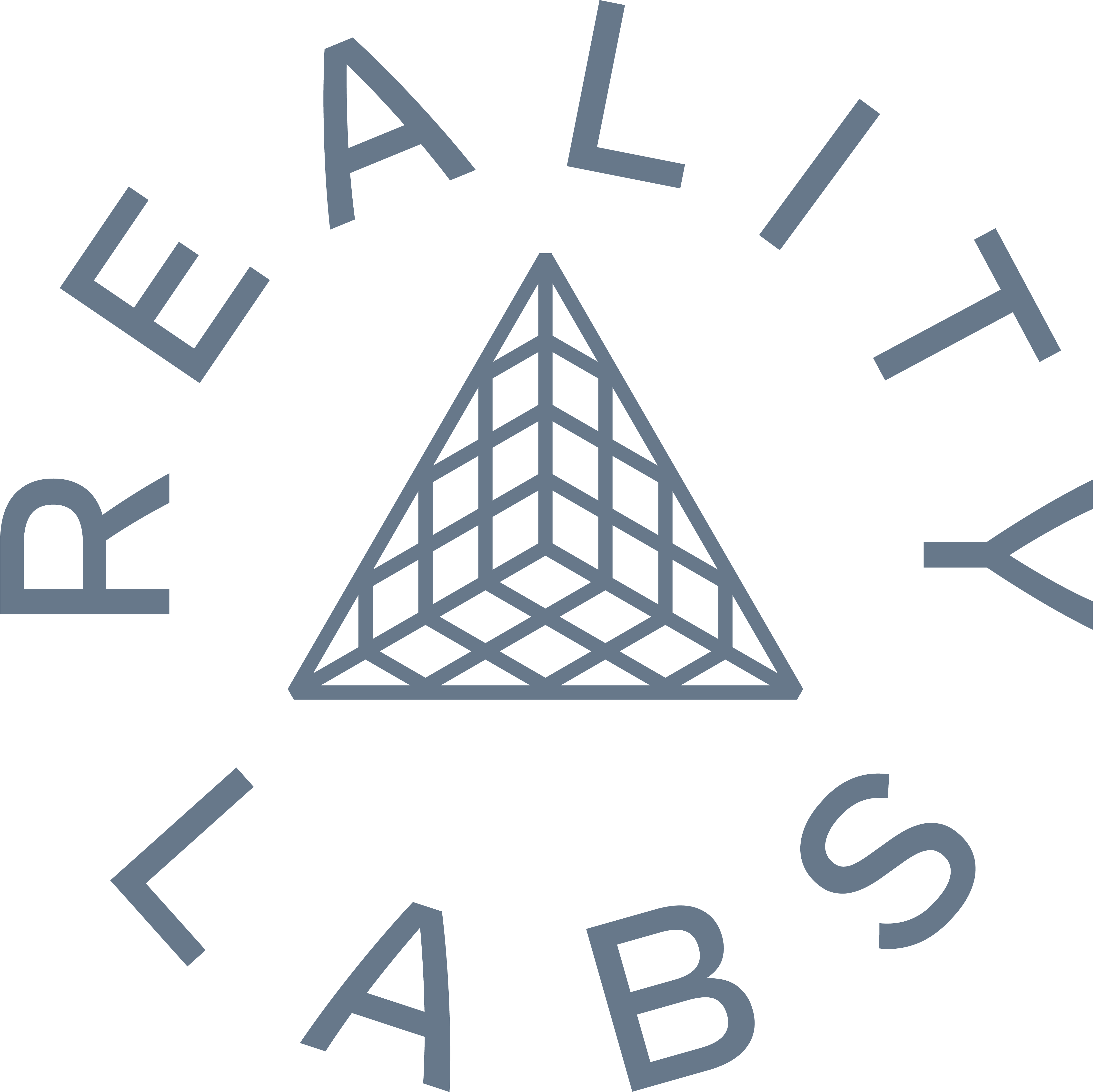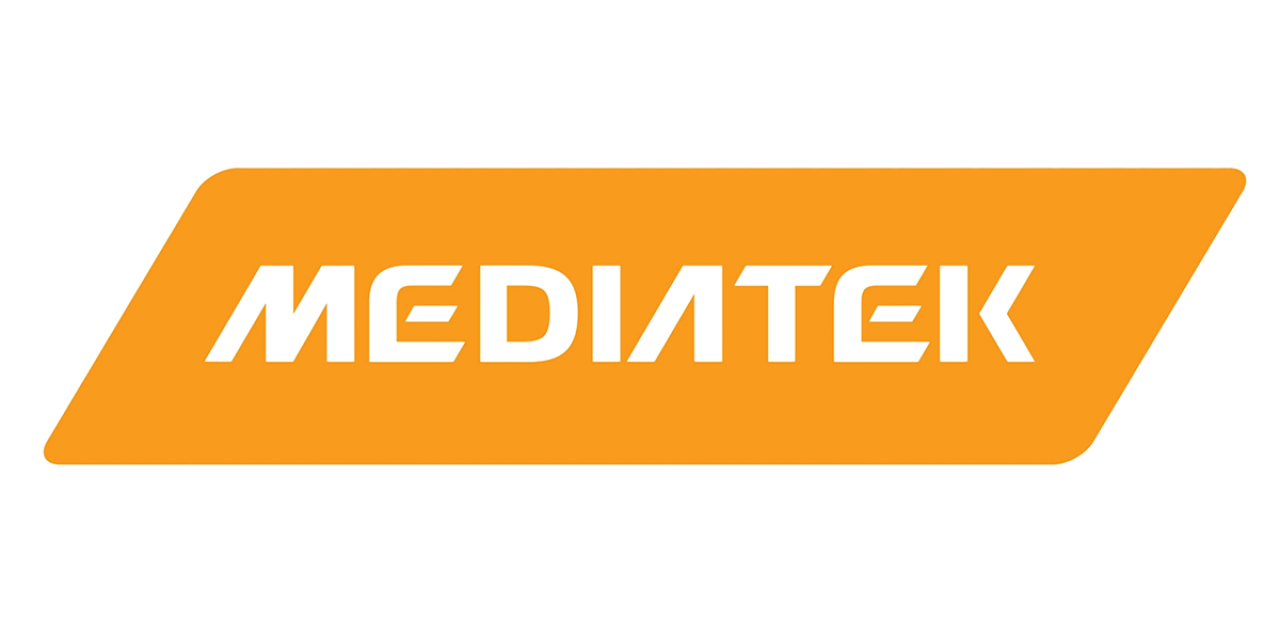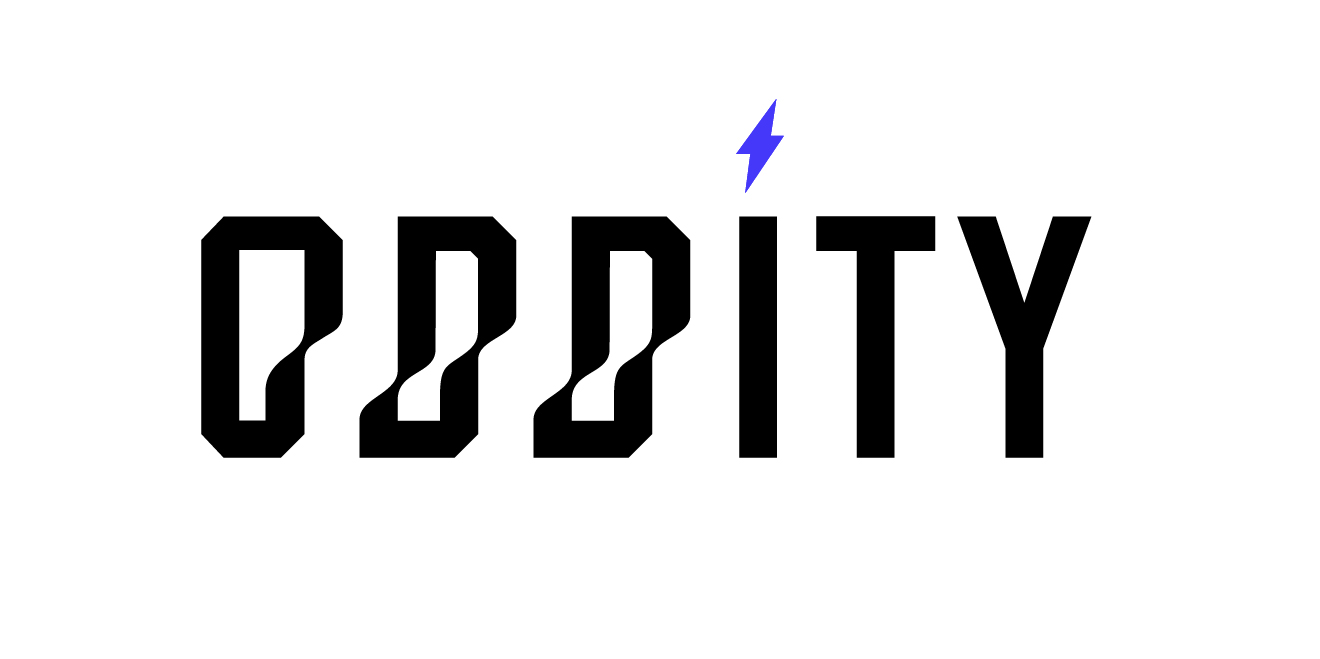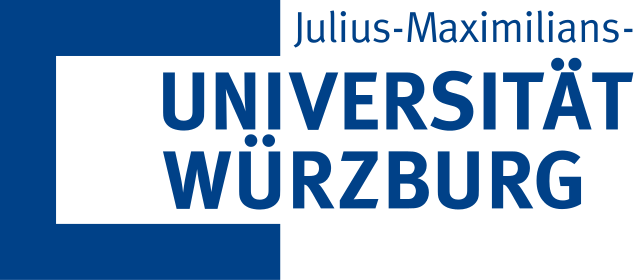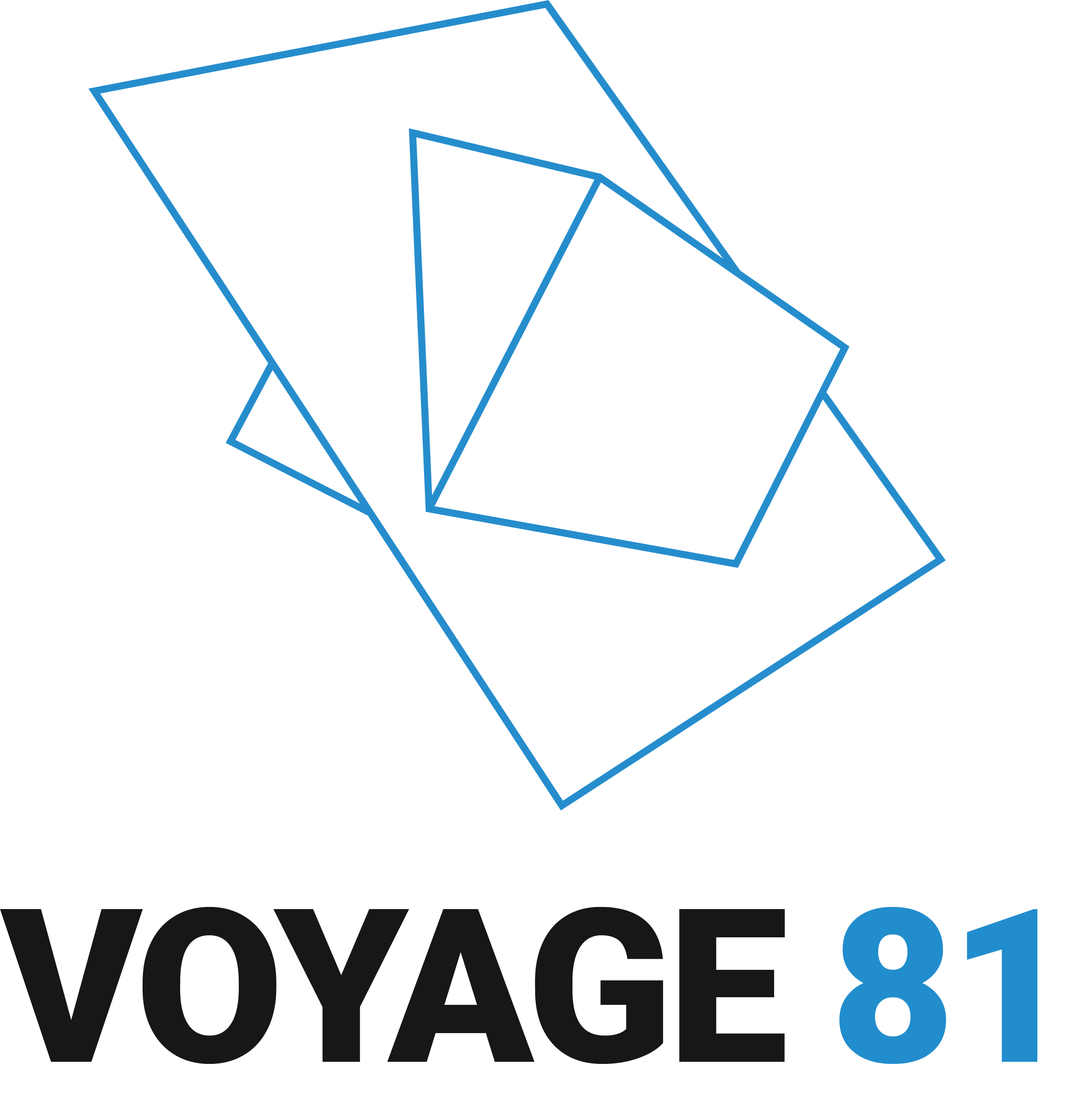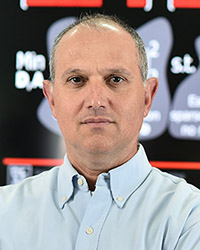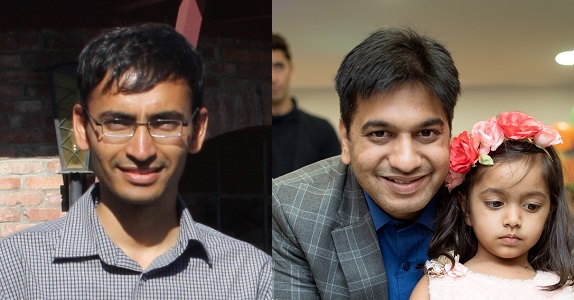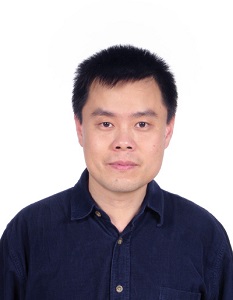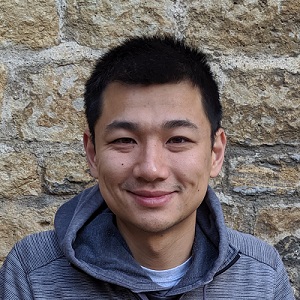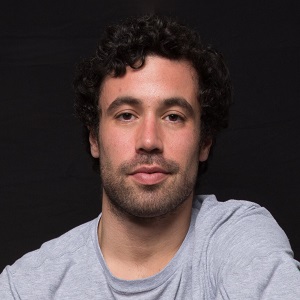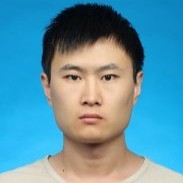Image restoration, enhancement and manipulation are key computer vision tasks, aiming at the restoration of degraded image content, the filling in of missing information, or the needed transformation and/or manipulation to achieve a desired target (with respect to perceptual quality, contents, or performance of apps working on such images). Recent years have witnessed an increased interest from the vision and graphics communities in these fundamental topics of research. Not only has there been a constantly growing flow of related papers, but also substantial progress has been achieved.
Each step forward eases the use of images by people or computers for the fulfillment of further tasks, as image restoration, enhancement and manipulation serves as an important frontend. Not surprisingly then, there is an ever growing range of applications in fields such as surveillance, the automotive industry, electronics, remote sensing, or medical image analysis etc. The emergence and ubiquitous use of mobile and wearable devices offer another fertile ground for additional applications and faster methods.
This workshop aims to provide an overview of the new trends and advances in those areas. Moreover, it will offer an opportunity for academic and industrial attendees to interact and explore collaborations.
This workshop builds upon the success of the previous NTIRE editions: at CVPR 2017 , 2018 , 2019 , 2020, 2021 and at ACCV 2016 . Moreover, it relies on all the people associated with the CLIC 2018, 2019, 2020, 2021 , PIRM 2018 , AIM 2019 , 2020 , 2021 , Mobile AI 2021 and NTIRE events such as organizers, PC members, distinguished speakers, authors of published paper, challenge participants and winning teams.
Papers addressing topics related to image restoration, enhancement and manipulation are invited. The topics include, but are not limited to:



